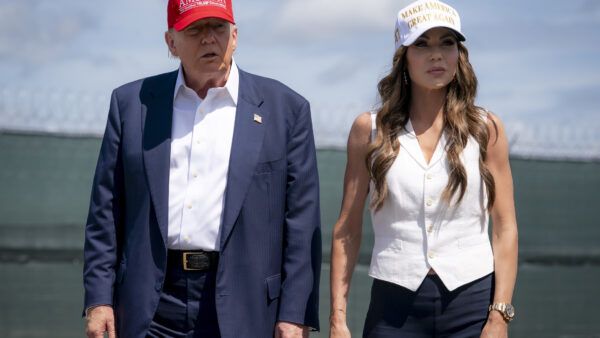
On 8 May 2023, Florida Governor Ron DeSantis signed a law prohibiting Chinese companies, or their “subsidiaries”, from purchasing any real property in Florida.
Developments in other US states have also put into doubt whether Chinese companies and funds, and entities from many countries, can invest their capital into US construction projects without discrimination. Project owners and investors should pay attention and take mitigatory steps.
In the Florida statute, “subsidiaries” does not appear to be defined. It could include any entity with any de minimis partial Chinese ownership, thus potentially barring a significant number of international project owners and contractors from work in Florida.
The statute also bars most citizens, companies and businesses from China, Russia, Iran, North Korea, Venezuela and Syria, and their subsidiaries, from purchasing agricultural land or land within 10 miles of critical infrastructure.
In most cases, these laws target Chinese, Russian and Iranian entities with no connection to those countries’ governments or their government’s policies.
This is a significant shift in US policy. In the US, traditionally, foreign investors were evaluated based on their individual character and not the mere accident of their birthplace. Nothing would prevent these US states from later expanding the targets of their discrimination to even more countries, depending on political headwinds at any time.
Three steps you can take
Project owners and investors should mitigate the impact of these discriminatory statutes, including through the following three steps.
First, if possible, investors should structure their investments in US land to obtain the benefits of so-called bilateral investment treaties (BITs) signed by the US.
BITs are treaties that require the US government at all levels, both State and Federal, to grant legal protections to protected foreign investors.
This includes protection from discrimination and from forced, uncompensated divestment of investments.
Protected investors also have the right to raise claims for breach of the treaty against the US in international arbitration. Even if an investor is not from a country that has directly signed a BIT with the US, an investor can often incorporate a special investment vehicle in a favourable jurisdiction to obtain protections of an existing BIT.
Second, investors should evaluate their rights in the US under so-called numerous Friendship, Commerce, and Navigation treaties (FCNs).
FCNs do not usually provide an avenue for international arbitration for investors, but they often provide for legal protections similar to those in BITs that are likely directly enforceable in US courts. Sometimes FCNs also include a specific right to both invest in the US and obtain real property for that investment.
Third, investors and owners should ensure they comply with the oft-forgotten disclosure statute called the Agricultural Foreign Investment Disclosure Act of 1978 (AFIDA).
The statute does not bar foreign ownership of US agricultural land. It requires only that foreigners disclose their interests in certain land transactions to the US Department of Agriculture.
Through regulations, the Department of Agriculture has extended the scope of the act considerably, to more than land used or previously used for agricultural purposes, to virtually any land with significant tree cover (including a ski resort or golf course, for instance).
The potential fine for failing to make an AFIDA disclosure is potentially as high as 25% of the value of the interest in the property.
In practice, the Department of Agriculture issues far smaller fines, especially for voluntary corrective disclosures, sometimes (in the author’s experience) of only a few hundred dollars.
That said, given an apparent rise of nativism in some US states’ land policy, it is best for foreign investors to make their corrective disclosures sooner under the current administration, rather than later under a possibly more hostile one.
In conclusion, any foreign investor with or considering investment in US construction – not only those from the currently targeted countries – should take proactive legal steps to protect itself from these new state-level trends.
- Gunjan Sharma is a New York lawyer and partner at the London-based law firm Volterra Fietta. The views in this article are those of the author and not of his clients or law firm.






